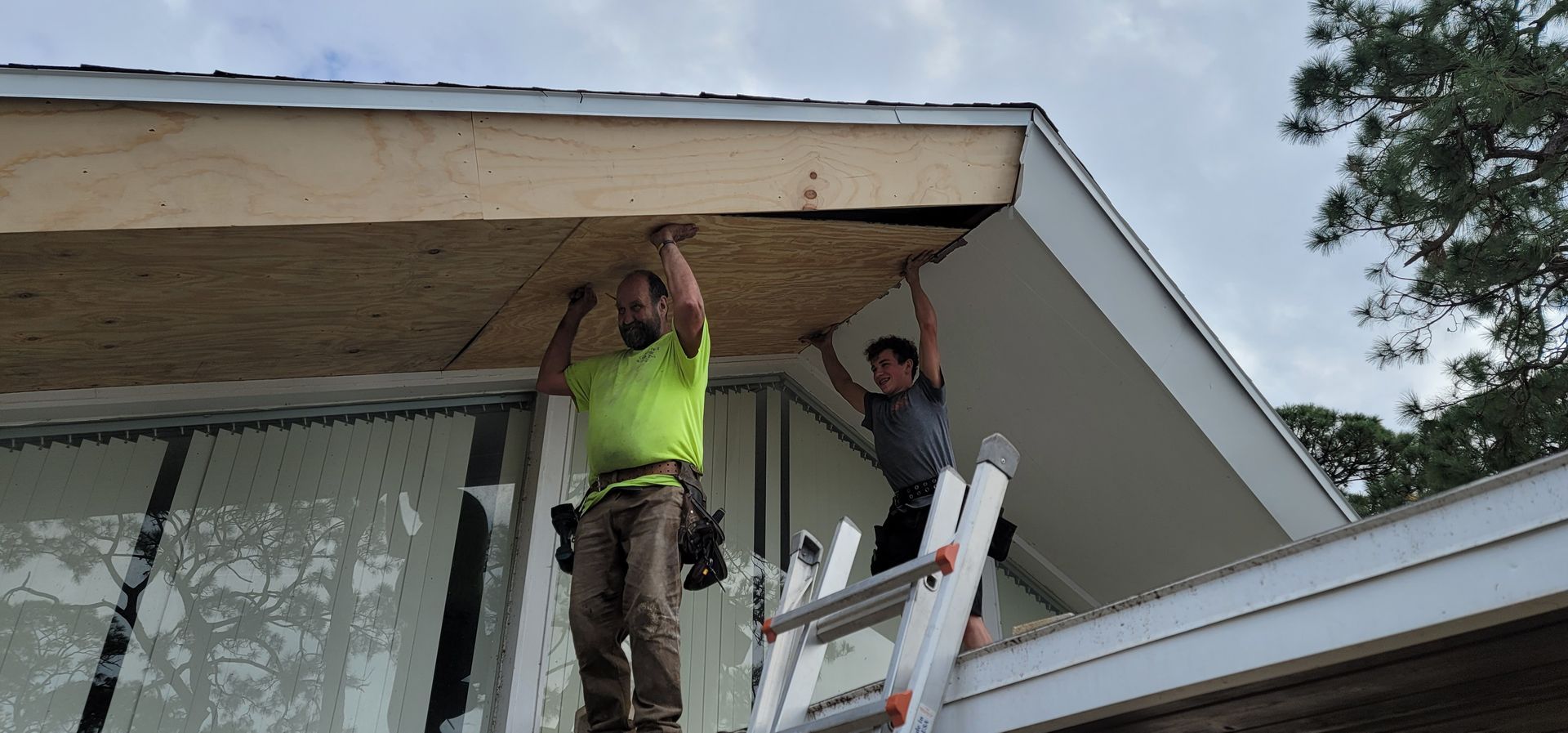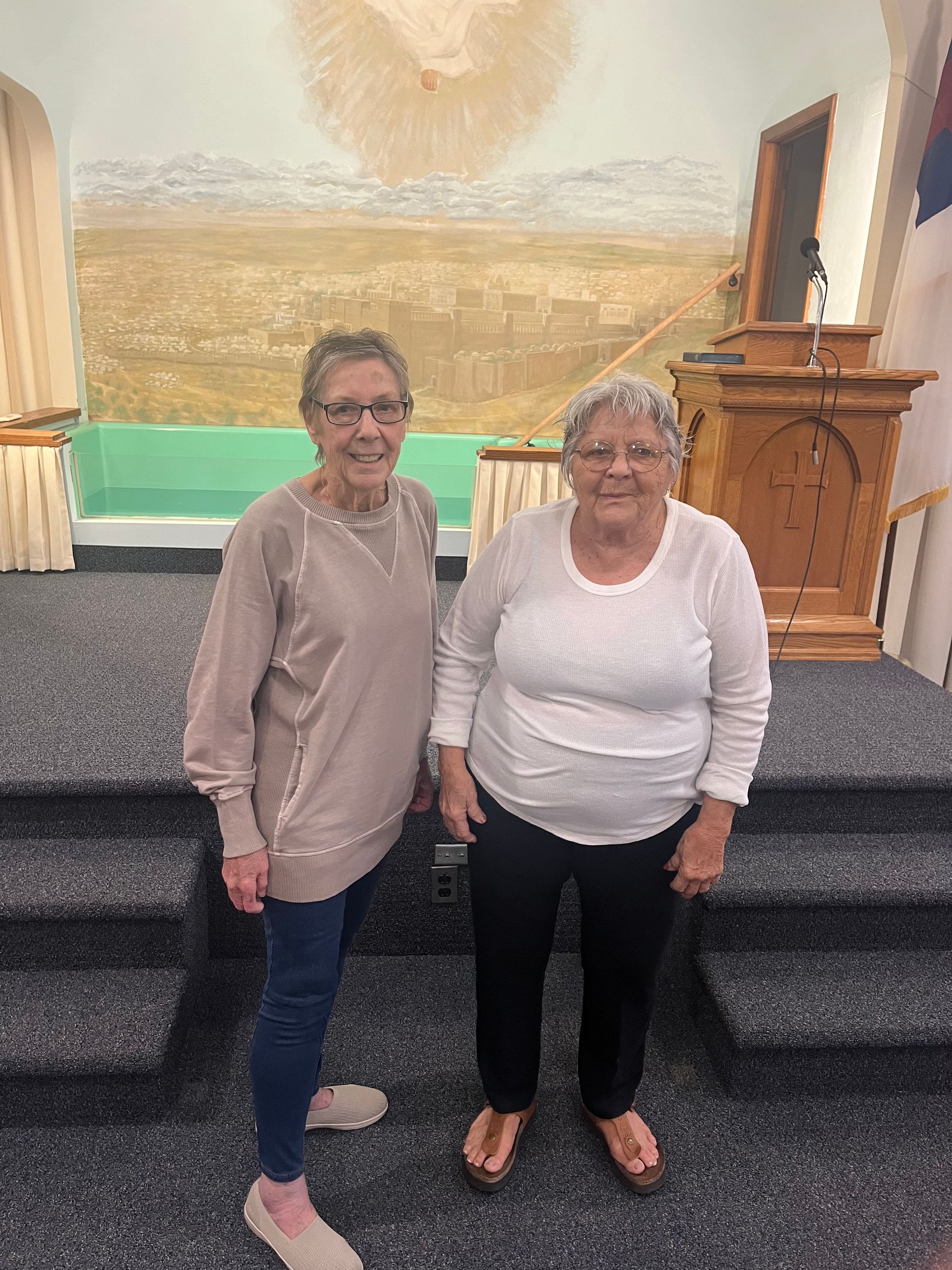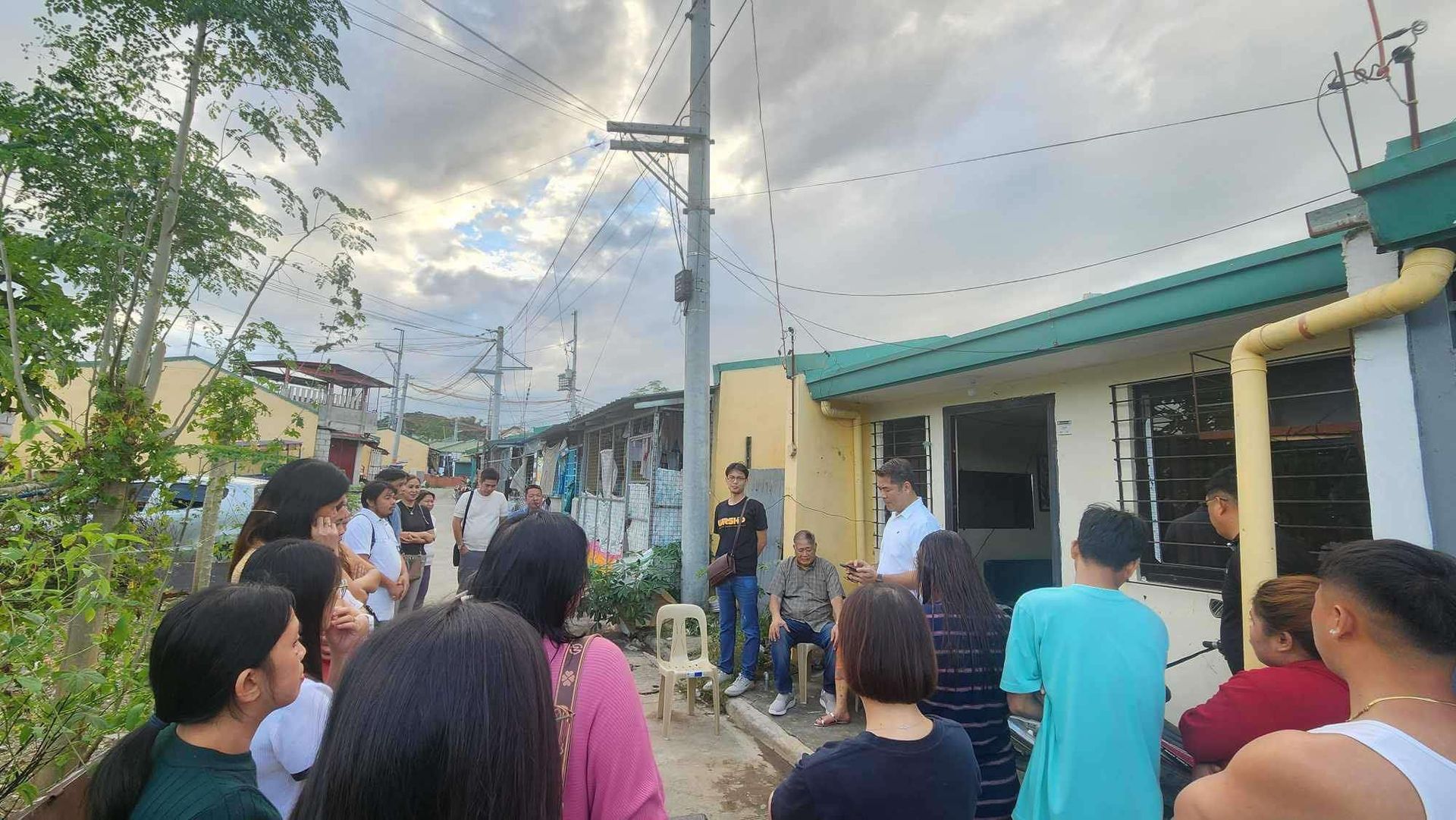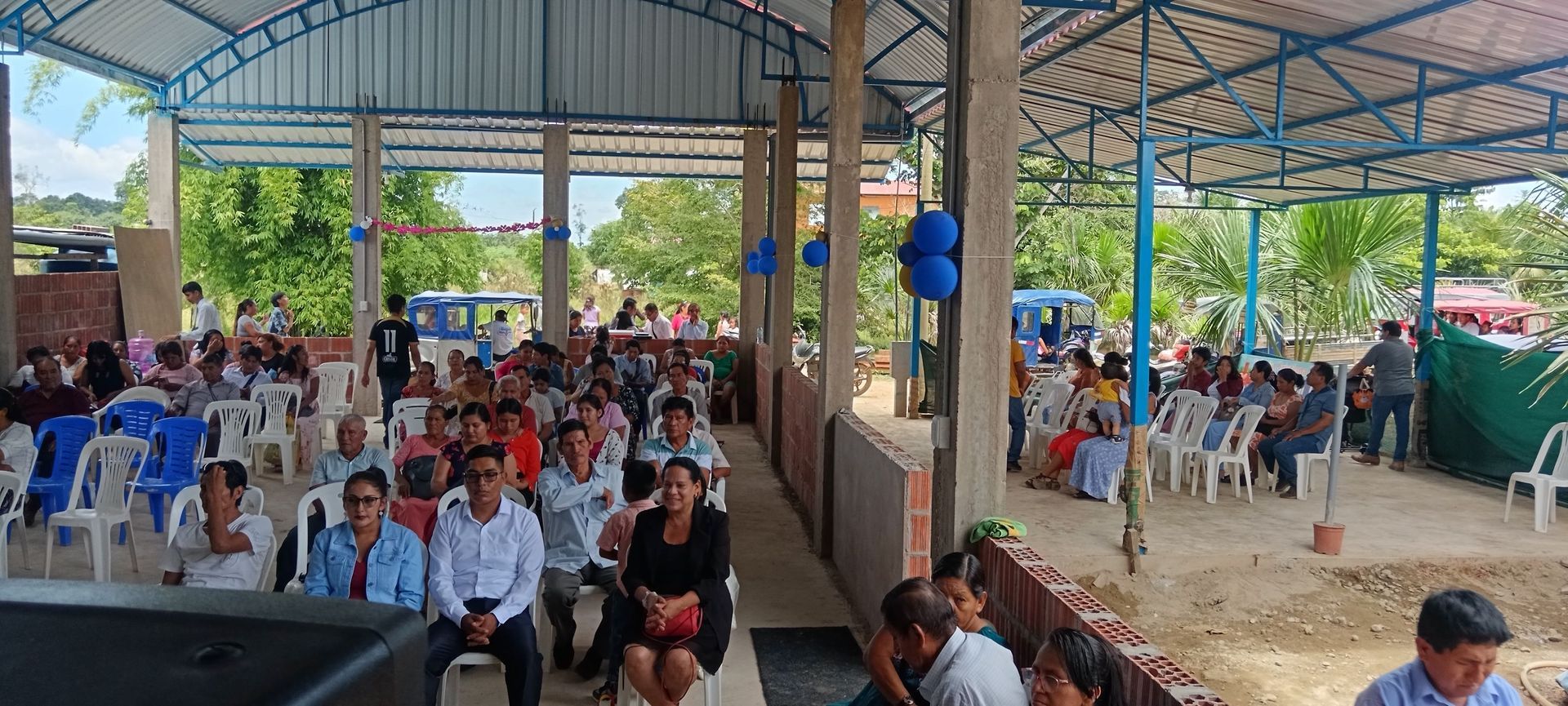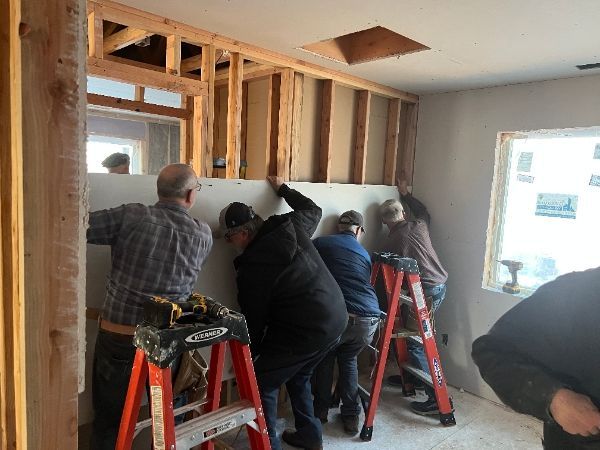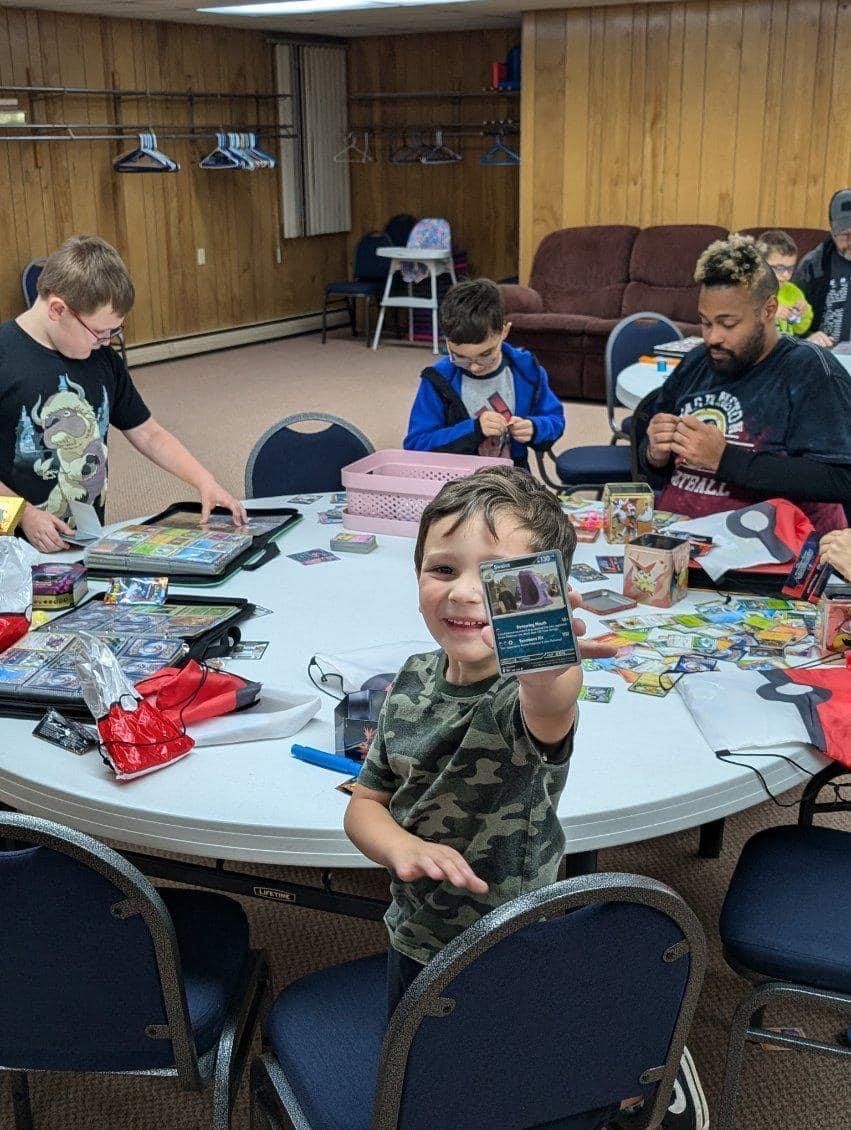The Death of George Floyd
Over the past several days, I have been reading and praying about a Brethren response to the ongoing violence against people of color, the senseless murder of George Floyd, and the resulting riots in our cities. I have decided that there isn’t a solely Brethren response to this event. But before we go on, we must acknowledge that Mr. Floyd’s death is not a new story. It is a tragedy in a long line of tragedies. The death of George Floyd poured jet fuel on the smoldering embers of the power struggle that has been burning since the birth of this nation. While the patriots of the American Revolution revolted against a tyrannical ruler (King George I), enslaved black men and women worked in the cotton fields of the American south. It was not the poor, white indentured farmers and servants who rose up against the King. It was the men and women of means who revolted. I tell you this because America divides itself along lines of power.
I read a post this week entitled “why do they riot?” Kyle J. Howard wrote, “When white America riots, it has always been either an expression of power or due to overflow of anger at losing power over others. We see this in the recent demonstrations that have taken place. A few years ago, we had white supremacists rioting and they even ran over a young girl killing her. During this COVID pandemic, we have seen white men marching with masks and guns demanding that service workers go back to work in order to serve them. When black people have rioted, historically speaking, it has always been due to the overflow of trauma & the reactionary rage that occurs when a community has been squeezed too hard for too long.”[1]
George Floyd was murdered by a police officer in broad daylight, in full view of spectators and cameras. It should not be shocking that our black brothers and sisters riot and protest; not only from a sense of powerlessness but also from an overflow of hundreds of years of trauma. As members of the body of Christ, we should be protesting with them. This is not an attempt to condone violence. Looting and stealing is not the answer to the problem of power. Actually, I call us all to the long term work of proactively seeking equality, justice, and reconciliation. This is difficult and uncomfortable, yet necessary and urgent work.
Jesus broke the cycle of power that has been used to abuse people throughout the history of mankind. In my reading of scripture, Paul actually talks about this understanding of power. In Philippines 2, Paul says,
Therefore if you have any encouragement from being united with Christ, if any comfort from his love, if any common sharing in the Spirit, if any tenderness and compassion, then make my joy complete by being like-minded, having the same love, being one in spirit and of one mind. Do nothing out of selfish ambition or vain conceit. Rather, in humility value others above yourselves, not looking to your own interests but each of you to the interests of the others.
In your relationships with one another, have the same mindset as Christ Jesus:
Who, being in very nature God, did not consider equality with God something to be used to his own advantage; rather, he made himself nothing by taking the very nature of a servant, being made in human likeness.
And being found in appearance as a man,
he humbled himself
by becoming obedient to death—
even death on a cross!
No one gives up power. No person’s natural inclination is to take on the posture and position of those who are beneath them in the power structure. Our culture has always taught us to move up, out of the lower, powerless levels, to the more powerful ones. The racial divide in the United States is no different. We have always struggled giving people of color equal footing with white people. We have been so bad at it, that we have had to pass laws requiring it, amendments to our constitution requiring it, and we have even fought a war over it. And even after the war was over, white people, all over the United States, implemented social constructs to keep from giving up their power.
This is not the way of Christ. Rather, Christ made himself nothing by taking the very nature of a servant. Christ came and elevated the poor, the sick, the hungry. Christ came and talked with the prostitute, touched the leper, and ate with the tax collector. And, Christ came and called out the powerful and called the rich to a level of sacrifice and self-emptying that makes us cringe.
My brother and sisters in Christ, I beg you to consider the position of power you have. Whatever that position is, I beg you to use it for the good of those who do not have it. Demonstrate your Christ-like mindset, embrace humility, and seek to learn more about the experiences of persons of color in America. That means we must protest the murder of the powerless at the hands of the powerful. We must seek to be a part of the solution in our own communities. This isn’t just a racial reality, it is an economic one as well. Many of you reading this may live in a place where there are very few people of color. But I promise, there is a power-line at play in your community.
This kind of communication from a person like me is often seen as divisive or out of place for my station in life. But I don’t write this because I am the chief executive of a religious organization, I write it because the love of Christ compels me. If my white children can walk through the streets of an American city without fear, I must demand the same for those who walk in fear every day. This is the ethic of Christ. It is not a liberal ethic or a conservative one. Philippians says it this way. Do nothing out of selfish ambition or vain conceit. Rather, in humility value others above yourselves, not looking to your own interests but each of you to the interests of the others.
I pray that God brings us peace, but before we have peace, I pray that God brings Justice for those who cannot find it for themselves.




